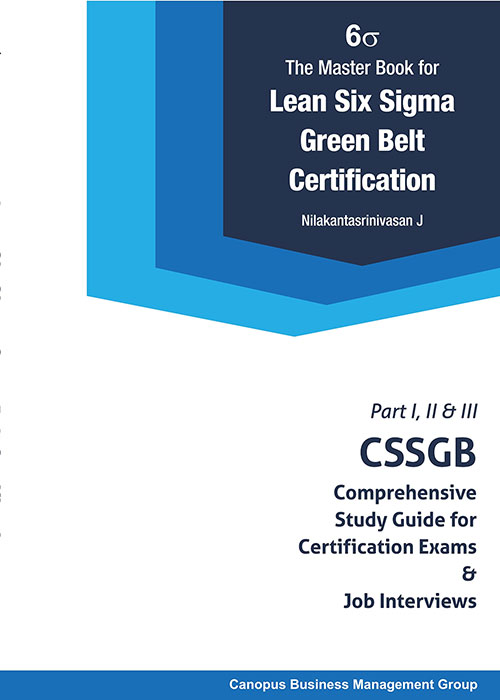Total Quality Management (TQM) is a structured system focused on satisfying customers by involving all members of an organization in improving the quality of products, processes, and resources. Sustained customer satisfaction, its main objective, is accomplished through systematic methods for problem solving, breakthrough achievement, and standardization derived from teaching quality leaders such as Philip B. Crosby, W. Edwards Deming, Armand V. Feigenbaum, Kaoru Ishikawa, and Joseph M. Juran. There are no hard-line procedures for implementing TQM. The PDCA cycle, also known as the Shewhart Cycle or the Deming Cycle, is a popular TQM problem-solving tool.

PDCA (The Plan-Do-Check-Act) cycle involves four basic steps for carrying out continuous improvement in a process. Four basic steps of PDCA:
- Plan recognize the opportunity for process improvement and identify the plan for improvement.
- Do the plan is implemented. Simultaneously, employees are trained, and activities such as scheduling and follow-up happen. If the desired process improvement is not achieved, the plan is abandoned and the improvement effort will start from the planning stage.
- Check the implementation of the action plan will yield results. These results are then compared with the planned results. Deviations are recorded and an improvement plan is proposed to achieve results.
- Act on the results of the check step, and a decision is made whether to restart PDCA or standardize on the results.






